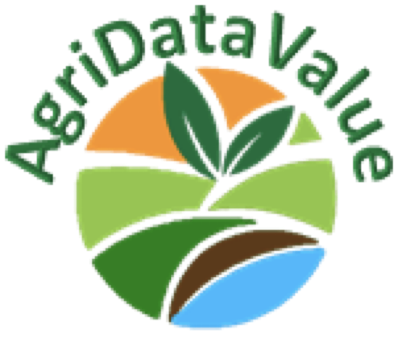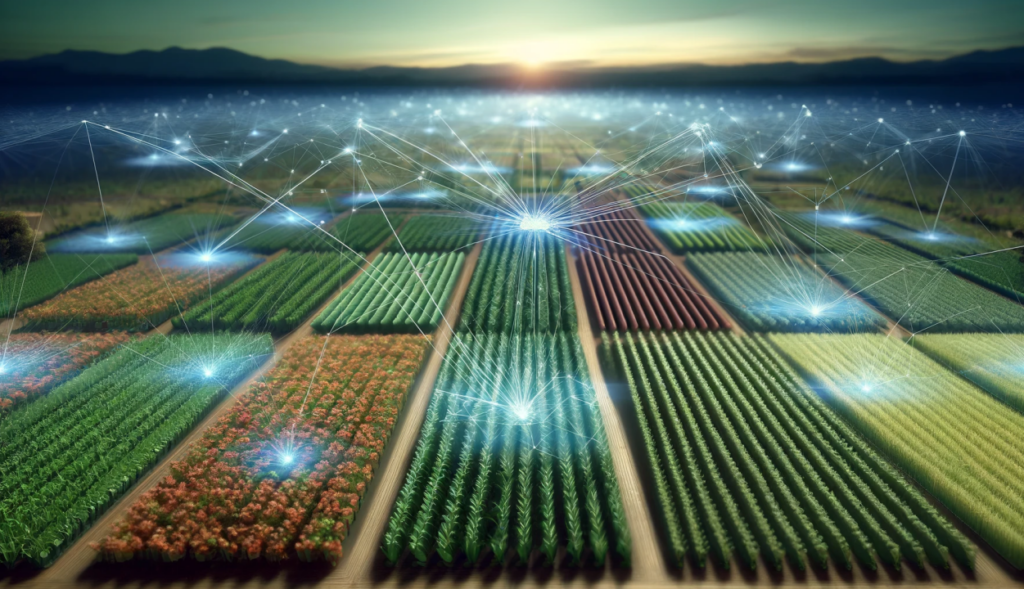In the evolving landscape of agricultural technology, the AgriDataValue project continues to push boundaries, pioneering solutions intended to revolutionize the way we approach farming and agri-environmental monitoring. Building upon the foundation laid out in previous discussions, we delve deeper into the advancements made within the project, focusing particularly on the integration of Federated Deep Machine Learning (FDML) into the platform of platforms being developed within AgriDataValue.
One of the key developments within AgriDataValue is the integration of FDML, an approach that combines the power of deep learning with the principles of federated learning. This integration represents a significant step forward in our mision to address the challenges posed by data scarcity, privacy concerns, and the need for collaborative learning in decentralized environments. In this sense, the new iteration of Hierarchical Federated Learning (HFL) within AgriDataValue offers interesting features, such as the implementation of customizable intra-silo and cross-silo rounds, allowing for finer control over the learning process based on geographic proximity. For instance, fields with closer geographical locations may undergo more intra-silo rounds to refine local nuances, while cross-silo rounds accommodate the integration of diverse data sources from geographically distant locations.
One of the primary motivations behind the adoption of FDML is its ability to preserve data privacy and security while enabling collaborative learning. Farmers can rest assured knowing that their collected data remains within their silos and are not shared with external entities. This not only fosters trust but also encourages greater participation in data sharing, ultimately leading to more robust and comprehensive AI models.
Apart from that, FDML facilitates collaborative learning in decentralized environments, allowing farmers to leverage collective insights without compromising data sovereignty. By pooling together diverse datasets from multiple sources, the FDML framework empowers farmers to obtain more accurate predictions and solutions for their specific use cases. For example, models trained to predict irrigation patterns benefit from a wealth of data originating from various locations, resulting in more robust and reliable outcomes.
The advantages of implementing FDML are manifold. More data in a model translates to more accurate decisions, as the model learns patterns not only from individual farms but also from a broader spectrum of agricultural practices and environments. This is particularly beneficial for applications processing large volumes of geographically dispersed data, where traditional centralized approaches may fall short in capturing the intricacies of diverse farming landscapes.
The integration of FDML represents the commitment of AgriDataValue to innovation and excellence in agricultural technology. By harnessing the power of FDML, AgriDataValue aims to empower farmers, researchers, and stakeholders across the agricultural ecosystem to make informed decisions, drive sustainable practices, and secure a brighter future for food production.


